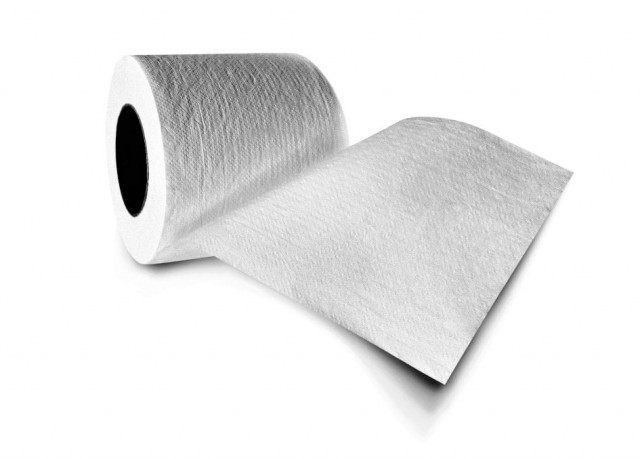Sewers and drains: With plan, govt aims to get rural Sindh to use toilets
Urban directorate prepares draft sanitation policy.

If you spend one dollar on clean water and sewage in a developing country, you can save $8 on healthcare costs from people getting sick. That is a great yield for such a basic right. But in Sindh only Rs1.2 billion has been set aside for 170 ongoing and new sanitation projects for the next fiscal year.
Despite these low allocations, work continues, at least on the policy front. The Directorate of Urban Policy and Strategic Planning in Sindh is working on a sanitation policy. On Tuesday, it presented the draft to a room full of experts to elicit their feedback. Once the policy is ready it will guide and support institutions, governments and local administrations along with the utilities to improve facilities in Sindh. (But as one of the experts pointed out, it may not necessarily be able to force them to follow it).

Muhammad Waseem, the additional chief secretary for planning and development, the directorate's parent department, summed up the urgency of the task ahead while speaking as chief guest. "We don't have any landfill sites [in rural Sindh] and the solid waste definitely goes to open places or is dumped in drains or along railway tracks," he said. The government is aware that this leads to disease burden and that its job is to provide equitable and affordable sanitation services in Sindh.
The work is cut out. Urban centres like Karachi and Hyderabad are well off in terms of access to toilets and sewage networks, but 76% of Sindh's rural population of 23 million people is not covered by proper sanitation services. Up until 2013, 876 drainage schemes were completed across the province 420 are not working. "No urban scheme is non-functional," said Masroor Arbab of the Sindh Public Health Engineering department, whose job is to design and create the urban water supply and sanitation for cities other than Karachi and Hyderabad. "But the level of service is not what it should be. To some extent it is being delivered in urban areas. In rural areas the conditions are pathetic."
The policy has certain goals: to create an open-defecation free environment and provide total sanitation services to the entire population of Sindh by 2025. According to the directorate's Naila Haq, they are also working on mapping the infrastructure across the province and gathering data without which work is impossible.
The policy also focuses on disaster resilient technologies for flood-prone areas, transforming open sewage systems to underground ones and implementing safe management of hazardous waste from industry and hospitals.
The department got decent feedback on the wide range of experts it invited. Prof Rasool Buksh Mahar from Jamshoro University alerted it to the assumption that it had made a policy but this would require all departments and government bodies to follow it. Would this even be possible to implement? Farhan Anwar of Sustainable Initiatives echoed this sentiment when he added that he felt it didn't explain how it would interface with different government agencies. Who will do what needs to be clearly set out. Responsibilities need to be assigned.
Karachi Metropolitan Corporation's Masood Alam commented on the recommendation to cover drains, which he thinks doesn't work. "Shops spring up on them," he said, referring to a ground reality in Karachi. Instead, the policy needs to specify when open drains are preferred.
Freelance consultant Mohammad Khalid commented on the lack of mention of smart technologies. The water-stressed Singapore, for example, has spent up to S$3,000 per sensor for each of 10,000 manholes to be able to monitor overflows.
The directorate can be reached at www.urbandirectorate.gos.pk <http://www.urbandirectorate.gos.pk>
Published in The Express Tribune, June 25th, 2014.


















COMMENTS
Comments are moderated and generally will be posted if they are on-topic and not abusive.
For more information, please see our Comments FAQ